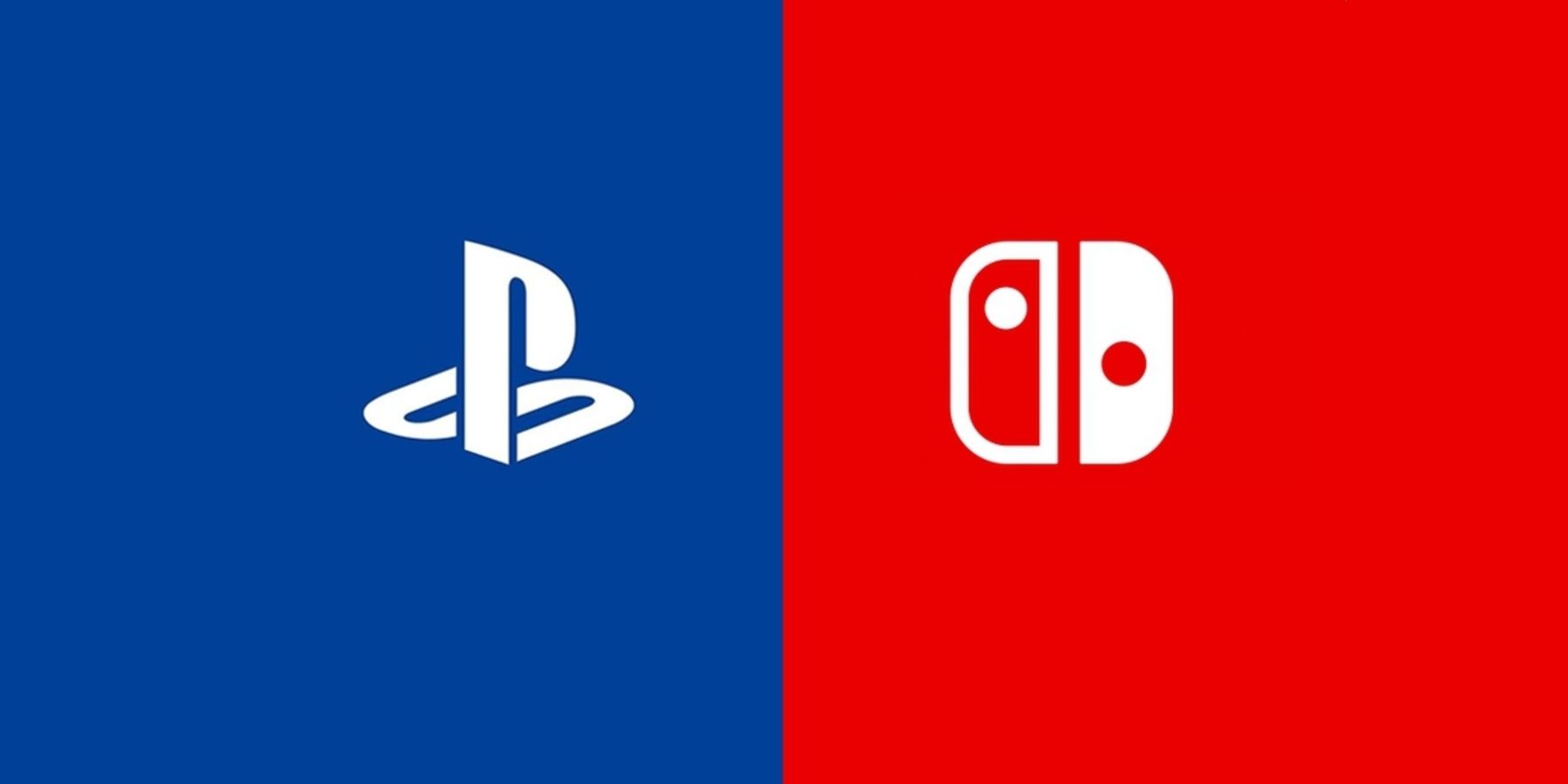
Huge Wave of Popular RPGs Pulled from Major Gaming Platforms

NIS America is delisting several RPGs from Playstation and Nintendo's online stores This means that these games will no longer be available for digital purchase
Six RPGs from NIS America’s extensive collection will soon be removed from both PlayStation’s online store and Nintendo’s eShop within the next five months. For those who have no prior connection to these titles, this news may not hold much significance. However, for fans of these games, this announcement is a heartbreaking reminder that without a physical copy, their beloved titles may be lost forever. The reality of digital game purchases is becoming increasingly apparent, especially after the closure of the Wii U and 3DS eShops, leaving gamers to question the longevity of their digital collection. With the possibility of certain titles never being ported to newer platforms, such as Xenoblade Chronicles X and The Legend of Zelda: The Wind Waker and Twilight Princess HD remakes, those without physical copies may never be able to play them again. The delisting of these six RPGs serves as yet another example of the potential fate of digital-only games.
NIS America recently announced on Twitter that six RPGs, including Demon Gaze, Demon Gaze 2, God Wars: The Complete Legend, God Wars: Future Past, The Lost Child, and Natural Doctrine, will be departing from Nintendo's eShop and PlayStation Network, including PS4 and PS Vita. This is different from games leaving Xbox Game Pass, as these RPGs will no longer be available for purchase altogether. Although each game has a little time left on its respective shop, some titles will be delisted later this month, while others will be removed as late as November. Fans of these games have the opportunity to play through at least one or two of the titles before they leave the online stores for good.
Among the six games, Demon Gaze and Demon Gaze 2 are likely the most well-known, as they have gained a small but dedicated following as dungeon crawlers. Both games have a Metacritic score of around 70, similar to the two God Wars games, which are tactical RPG titles that delve into Japan's folklore. The Lost Child and Natural Doctrine have lower Metacritic scores, around the low 50s and 60s, respectively. Despite the average or poor scores of some of these titles, each one has a fanbase, and the news of their departure may disappoint or affect these fans.
It remains unclear why NIS America chose to delist these games, but it is evident that physical copies hold significant value for individuals who wish to preserve their cherished titles indefinitely. This is especially true for publishers that have a history of discontinuing successful games, such as Nintendo.







